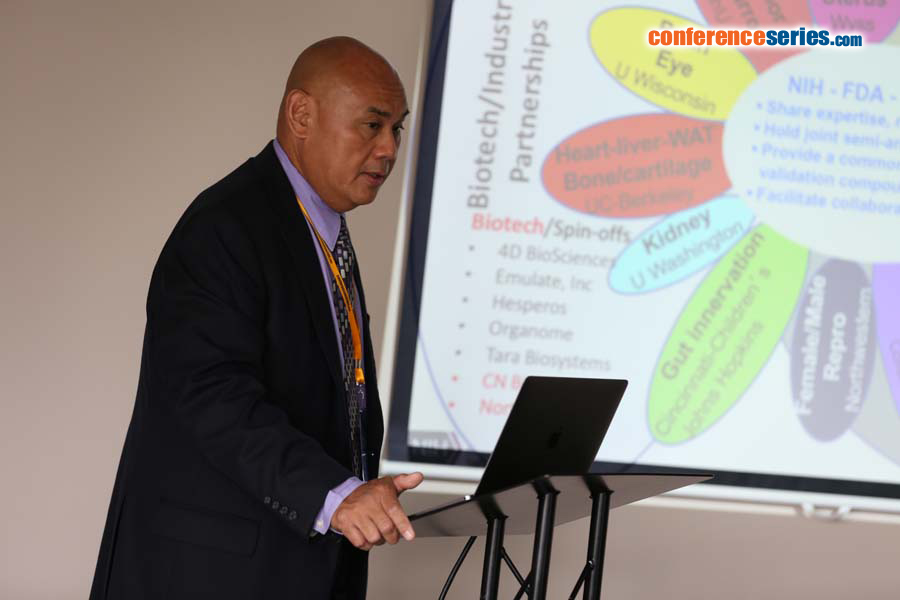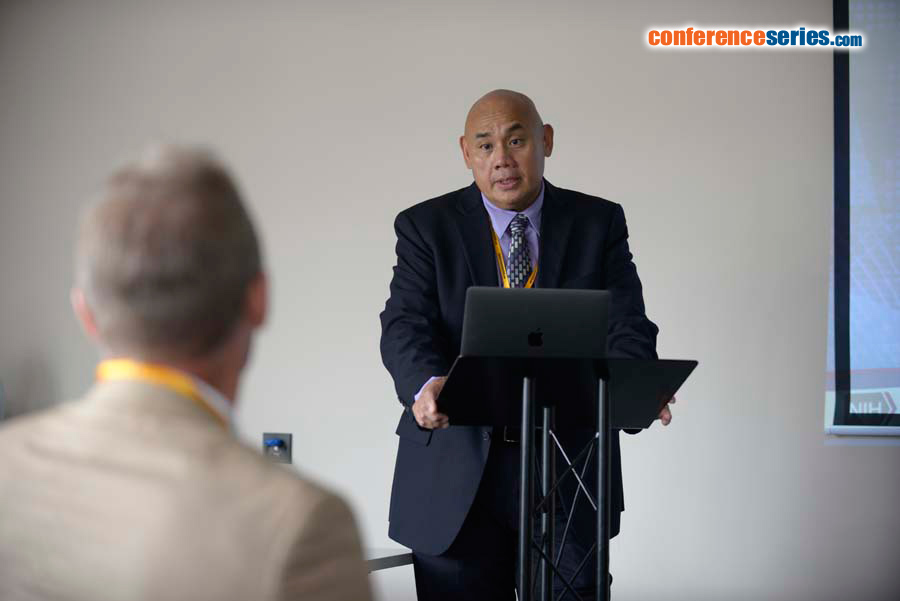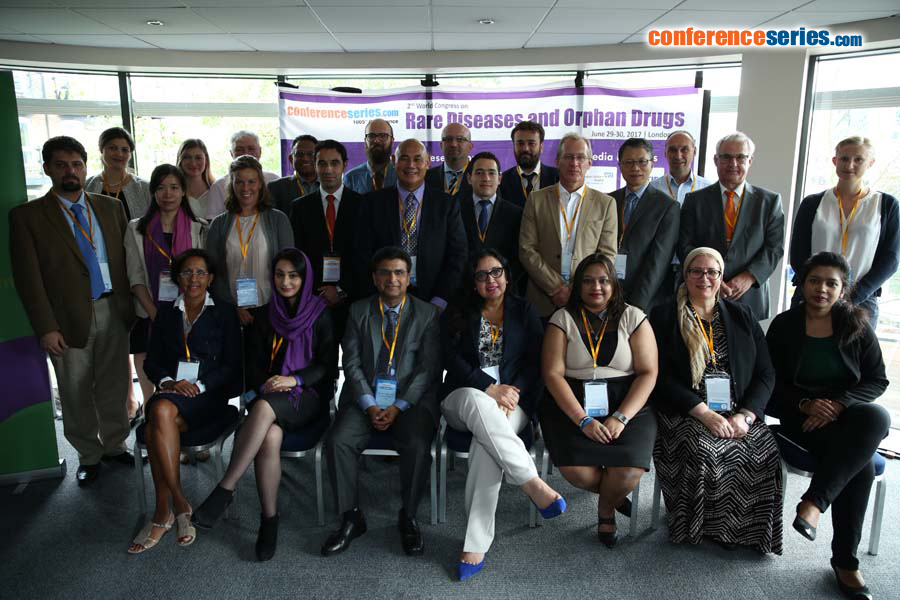
Danilo A. Tagle
National Center for Advancing Transnational Sciences
National Institutes of Health
USA
Title: Innovative Tools for Drug Development and Disease Modeling
Biography
Biography: Danilo A. Tagle
Abstract
There are fewer than 400 approved treatments for approximately 7000 rare diseases affecting more than 30 million Americans. The NIH have More than 30% of promising medications have failed in human clinical trials because they are determined to be toxic despite promising pre-clinical studies in animal models, and another 60% fail due to lack of efficacy. The challenge of accurately predicting drug toxicities and efficacies is in part due to inherent species differences in drug metabolizing enzyme activities and cell-type specific sensitivities to toxicants. These challenges are particularly acute for rare diseases where adequate tools and resources are severely lacking. To address this challenge in drug development and regulatory science, the Tissue Chips program aims to develop alternative approaches that would enable early indications and potentially more reliable readouts of toxicity or efficacy. The goal this program is to develop bio-engineered microdevices that mimic functional units of the 10 major human organ systems: circulatory, respiratory, integumentary, reproductive, endocrine, gastrointestinal, nervous, urinary, musculoskeletal, and immune. The opportunities for significant advancements in the prediction of human drug toxicities through the development of microphysiological systems, requires a multi-disciplinary approach that relies on an understanding of human physiology, stem cell biology, material sciences and bioengineering. This unique and novel in vitro platform could help ensure that safe and effective therapeutics are identified sooner, and ineffective or toxic ones are rejected early in the drug development process. These microfabricated devices are also useful for modeling human diseases, especially for studies in rare diseases, as well as precision medicine, environment exposures, reproduction and development, infectious diseases, microbiome and countermeasures agents.





